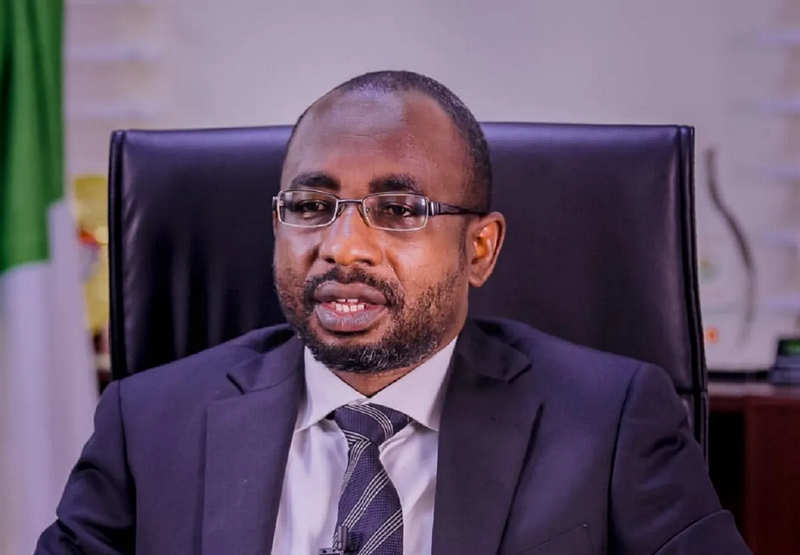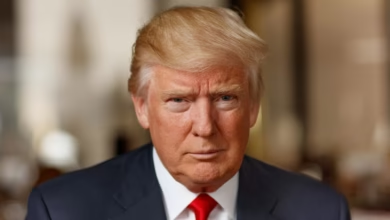Africa must be at forefront of AI revolution – NITDA DG

As the global community moves toward digital revolution, the African continent has been warned not to lag behind in the trend. Director-general of the National Information Technology Development Agency (NITDA), Kashifu Inuwa, who gave this advice at the opening of the Gulf Information Technology Exhibition (GITEX) Nigeria Conference 2025 in Abuja, urged African nations to collaborate in building shared Artificial Intelligence (AI) infrastructure, stressing that the Africa must lead and not to follow in the ongoing Fourth Industrial Revolution.
Inuwa stressed that Africa must not repeat the mistakes of previous industrial revolutions where it played a marginal role. The NITDA boss noted that the current wave of AI-driven disruption presents a rare opportunity for the continent to transition from being a consumer of technology to becoming a global driver of innovation and digital growth.
“Any country left behind in this AI revolution risks catastrophe, while those who lead will shape the world,” he said. Citing findings by global research firm, Epoch AI, Inuwa noted that automation and AI adoption could raise global economic growth by 20 percent, potentially doubling the size of the world economy within five years. He said such projections underscore the urgency for Africa to invest in AI capabilities.
“AI is not just another technology trend,” Inuwa explained. “It is the engine that will power productivity, reshape industries, and redefine global competitiveness. For Africa, the stakes are even higher. This is our chance to leapfrog traditional development pathways and secure a strong position in the global digital economy,” he declared.
To achieve this, Inuwa outlined four critical pillars for Africa’s AI agenda, which are Human Capital Development by harnessing the continent’s vast youth population through initiatives such as Nigeria’s 3 Million Tech Talent (3MTT) programme and the Digital Literacy for All initiative.
The second is infrastructure by expanding connectivity, building modern data centres, and investing in high-performance computing to ensure African data is processed locally and data sovereignty is preserved.
The third area is policy and Legal Frameworks by creating national AI strategies that foster innovation while ensuring ethical adoption. He noted that Nigeria, under the leadership of the Minister of Communications, Innovation and Digital Economy, Dr. Bosun Tijani, has already begun drafting a national AI strategy that could serve as a model for other countries.
The fourth area is through enabling Ecosystem by supporting startups, strengthening research institutions, and encouraging partnerships with global tech companies. Inuwa revealed that Nigeria has already funded 45 AI-focused startups to accelerate innovation.




